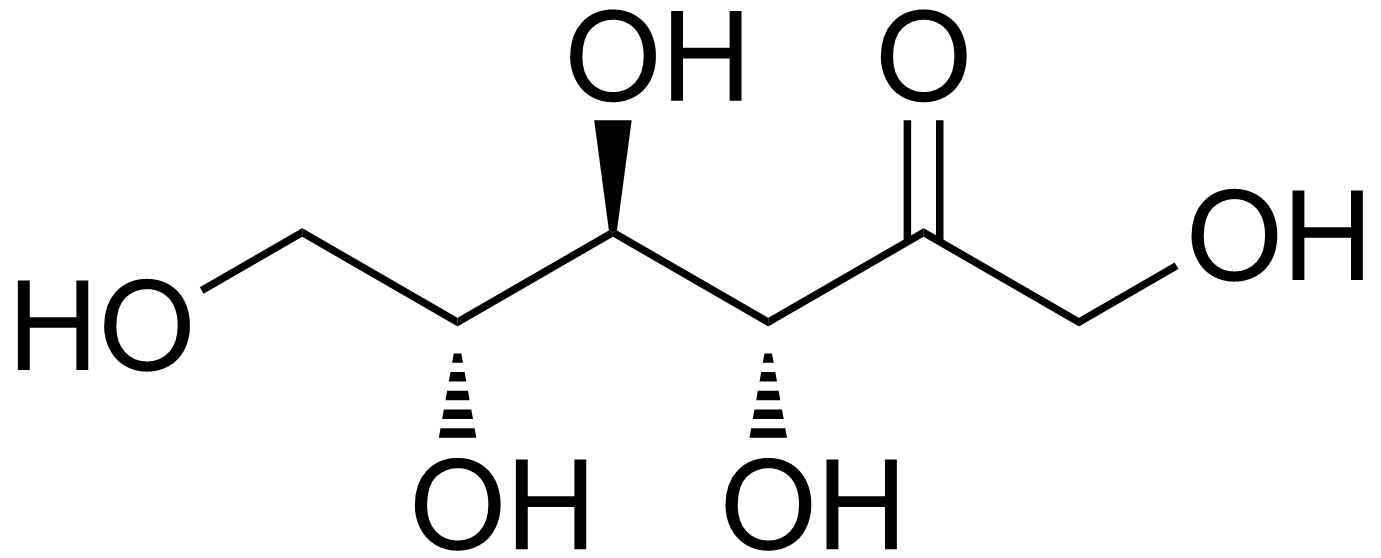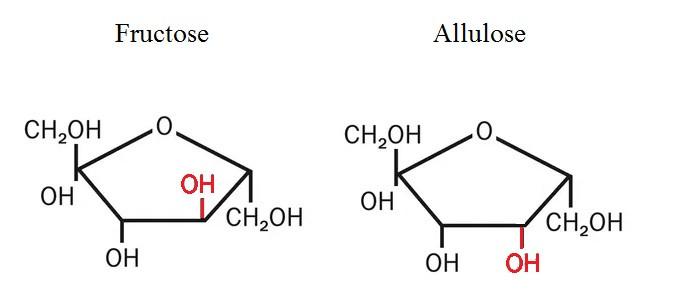d-Allulose enhances postprandial fat oxidation in healthy humans.
Articles
What Is Allulose and Is It a Healthy Sweetener?
Everything You Need to Know About Allulose, The Sugar Substitute That’s Having a Moment
Other Clinical Evidence
Establishing maximum one time and daily dosing
https://www.ncbi.nlm.nih.gov/
Might help people lose weight and body fat “…The high d-allulose group revealed a significant decrease in not only body mass index (BMI), but also total abdominal and subcutaneous fat areas measured by CT scans compared to the placebo group.”
https://www.ncbi.nlm.nih.gov/
Possible Side Effects
Gastrointestinal Tolerance of D-Allulose in Healthy and Young Adults. A Non-Randomized Controlled Trial
https://www.ncbi.nlm.nih.gov/pmc/articles/PMC6315886/
Is allulose healthy?
(Excerpt from Everything You Need to Know About Allulose, The Sugar Substitute That’s Having a Moment)
It’s been well documented that low-calorie or no-calorie sweeteners (such as saccharin, aspartame, and sucralose) may not be the healthiest substitutes for sugar. In 2017, after reviewing 37 studies — seven of which were randomized controlled clinical trials lasting an average of six months, while the rest occurred over a 10-year period — researchers from Canada found that artificial sweeteners were linked to an increased risk of weight gain and obesity, along with cardiovascular conditions, including high blood pressure, diabetes, and heart disease.
Also, in a 2014 article published in the Journal of Toxicology and Environmental Health, Part A: Current Issues, study authors discovered that sucralose, as well as the artificially produced food fillers maltodextrin and glucose, were shown to suppress the good bacteria in the gastrointestinal tract, which could lead to weight gain and obesity.
However, the initial research on allulose is encouraging.
“Although the sample sizes have been very small in studies conducted on humansallulose appears to lower blood glucose and insulin levels, which may be promising to those with diabetes,” says Erin Palinski-Wade, RD, CDE, author of 2-Day Diabetes Diet: Diet Just 2 Days a Week and Dodge Type 2 Diabetes. “Animal studies also suggest it may have a positive impact on body composition, helping to reduce visceral ‘belly fat.’ ”
In fact, a 2017 study published in the Journal of Agricultural and Food Studyfound that rats who drank water with a syrup containing allulose and other rare sugars for 10 weeks gained less weight, had less abdominal fat, and had lower blood glucose and insulin levels than rats who were given water mixed with high-fructose corn syrup.
Palinski-Wade explains that even though allulose is absorbed into the blood, the majority of it is excreted in the urine without being used as fuel, which is why it does not have seem to raise blood sugar or insulin levels. “It also resists fermentation in the gut, so it is unlikely to cause gas or bloating like some sugar alternatives,” she adds.
And so far, researchers have not recorded any negative side effects. “This compound appears to be safe and unlikely to cause harm in moderate consumption,” says Palinski-Wade. “However, there is always a risk for individual sensitivities when it comes to any food or additive.”





Recent Comments